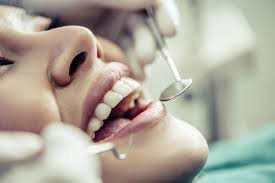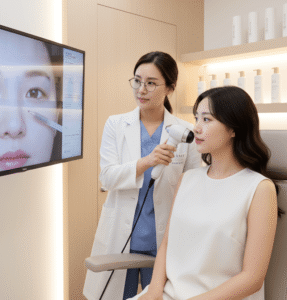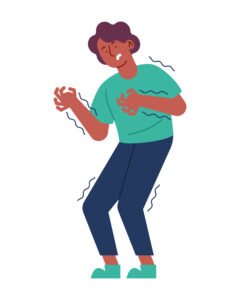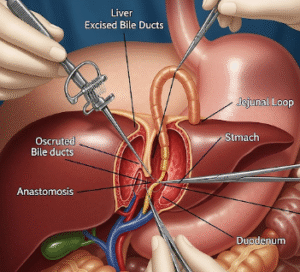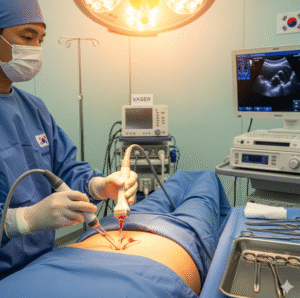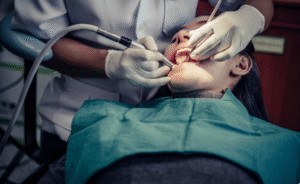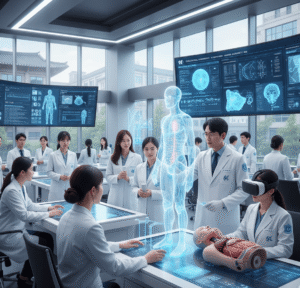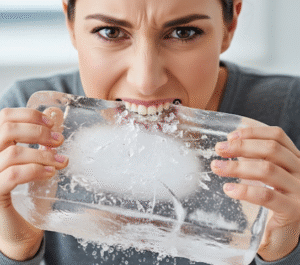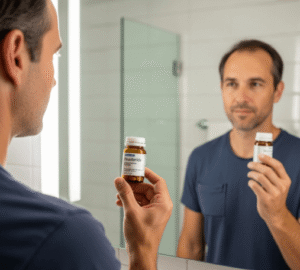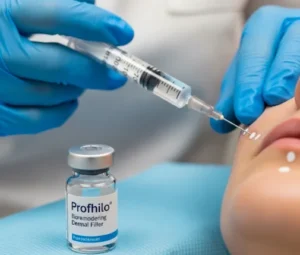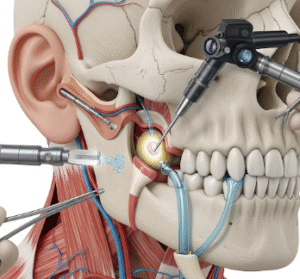Overview
Dental trauma refers to injuries affecting the teeth, gums, or surrounding oral structures due to accidents, sports, or falls. In Korea, dental trauma is a common emergency treated at specialized dental hospitals and emergency departments, including Seoul National University Dental Hospital, Asan Medical Center Dental Clinic, and Samsung Medical Center Dental Department. Prompt care is critical to prevent tooth loss and long-term complications.
What is Dental Trauma?
Dental trauma encompasses fractures, dislocations, or injuries to teeth, gums, and jawbones. It can range from minor enamel cracks to complete tooth avulsion (knocked-out tooth). Both children and adults are susceptible, especially during sports, accidents, or falls.
Symptoms
- Broken, chipped, or fractured teeth
- Dislodged or knocked-out teeth
- Bleeding from gums or oral soft tissues
- Pain or sensitivity in affected areas
- Swelling of the lips, cheeks, or face
- Difficulty biting or chewing
- Loose teeth
Causes
- Falls or accidents at home, school, or workplace
- Sports-related injuries (contact sports, cycling, skateboarding)
- Traffic accidents
- Physical altercations or trauma
- Biting hard objects or sudden impact
Risk Factors
- Children and adolescents involved in sports
- Adults participating in high-risk physical activities
- Lack of protective gear (mouthguards) during sports
- Previous dental trauma increasing vulnerability
- Poor oral health weakening teeth
Complications
- Tooth loss or displacement
- Infection in teeth, gums, or jawbone
- Malocclusion or bite misalignment
- Nerve damage causing prolonged sensitivity or numbness
- Aesthetic concerns affecting confidence
- Need for long-term restorative or orthodontic treatment
Prevention
- Use of mouthguards during sports or high-risk activities
- Helmets and protective gear for cycling, skating, or contact sports
- Supervision of children during play
- Safe practices at home and workplace to prevent falls
- Prompt dental evaluation for early signs of tooth weakness
Treatment Options in Korea
Treatment depends on type and severity of trauma.
- Diagnosis
- Dental examination and visual inspection
- X-rays to detect fractures, root involvement, or jaw injury
- Assessment of surrounding soft tissue and oral structures
- Pulp vitality tests for tooth nerve health
- Medical Treatments
- Repositioning and splinting of dislodged teeth
- Root canal therapy for pulp damage
- Dental bonding, crowns, or veneers for fractured teeth
- Surgical intervention for jaw fractures or severe soft tissue injuries
- Antibiotics and pain management as needed
- Supportive Care
- Oral hygiene instruction to prevent infection
- Diet modification (soft foods) during healing
- Follow-up visits to monitor healing and stability
- Counseling on long-term restorative or cosmetic options
- Specialized Hospitals and Clinics in Korea
- Seoul National University Dental Hospital – Emergency dental trauma care
- Asan Medical Center Dental Clinic – Oral and maxillofacial trauma treatment
- Samsung Medical Center Dental Department – Comprehensive trauma management
- Local dental clinics for minor injuries and follow-up care
- Long-Term Follow-Up
- Regular monitoring of tooth vitality and alignment
- Restoration or cosmetic treatment for aesthetic concerns
- Orthodontic treatment if bite is affected
- Education on injury prevention for future protection

